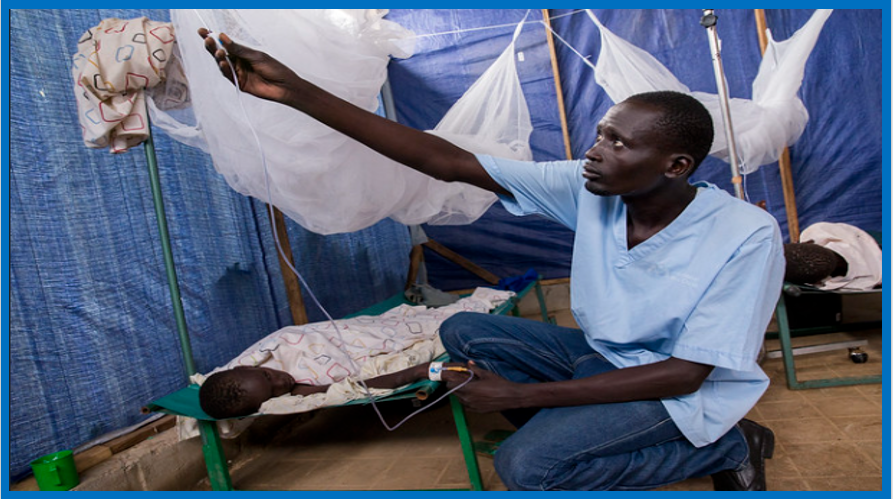Khartoum/Juba — Cholera, a potentially deadly intestinal infection caused by the bacterium Vibrio cholerae, is surging across Sudan and South Sudan, driven by ongoing conflict, displacement, and the collapse of essential public health infrastructure. Health experts warn that the outbreak, while preventable and treatable, is escalating rapidly due to limited access to clean water, sanitation, and medical care.
In Sudan alone, more than 65,000 cholera cases have been recorded since the outbreak began in mid-2024, with over 32,000 cases and 426 deaths reported in 2025 so far. The disease has spread widely across Darfur and other conflict-affected regions, where displaced populations are living in overcrowded camps with inadequate hygiene facilities. In Tawila, North Darfur, residents are surviving on less than half the World Health Organization’s recommended emergency water supply, often forced to drink from contaminated sources.
South Sudan is facing a parallel crisis. Since September 2024, over 48,000 cholera cases and 919 deaths have been reported across 44 counties in nine states and two administrative areas. Children under five are particularly vulnerable, accounting for a significant share of infections and fatalities. The country’s health services have been further strained by funding cuts and logistical challenges, leaving many communities without access to basic treatment.
Cholera spreads through ingestion of food or water contaminated with fecal matter from infected individuals. Symptoms include acute watery diarrhea, vomiting, and rapid dehydration, which can be fatal within hours if untreated. While oral rehydration salts and intravenous fluids are effective treatments, the disease’s rapid progression and high mobility—especially along river basins—make containment difficult.
Experts emphasize that cholera does not spread directly from person to person, but rather through environmental contamination. In regions like Sudan and South Sudan, where infrastructure has been severely damaged by conflict, the conditions are ripe for transmission. “In Sudan, the conflict has severely disrupted access to safe water, sanitation and health care—the very systems that prevent and contain cholera,” said Joe English, emergency communication specialist at UNICEF.
International organizations including Médecins Sans Frontières (MSF) and UNICEF are scaling up emergency responses, but funding remains critically low. The United Nations Office for the Coordination of Humanitarian Affairs (OCHA) estimates that $50 million is urgently needed to sustain cholera response efforts in Sudan alone.
Globally, cholera remains endemic in parts of Africa and South Asia, but climate change and conflict are intensifying outbreaks. The World Health Organization reported a 13% increase in global cholera infections in 2024, with children under five making up 38% of reported cases.
As the humanitarian crisis deepens, health experts stress that early detection, rapid treatment, and preventive measures—such as vaccination and improved sanitation—are essential to curbing the spread. Without sustained international support and local infrastructure recovery, cholera will continue to pose a deadly threat to vulnerable populations across the region.
Cholera-Treatment-and-Vaccination-Picture-by-UN



